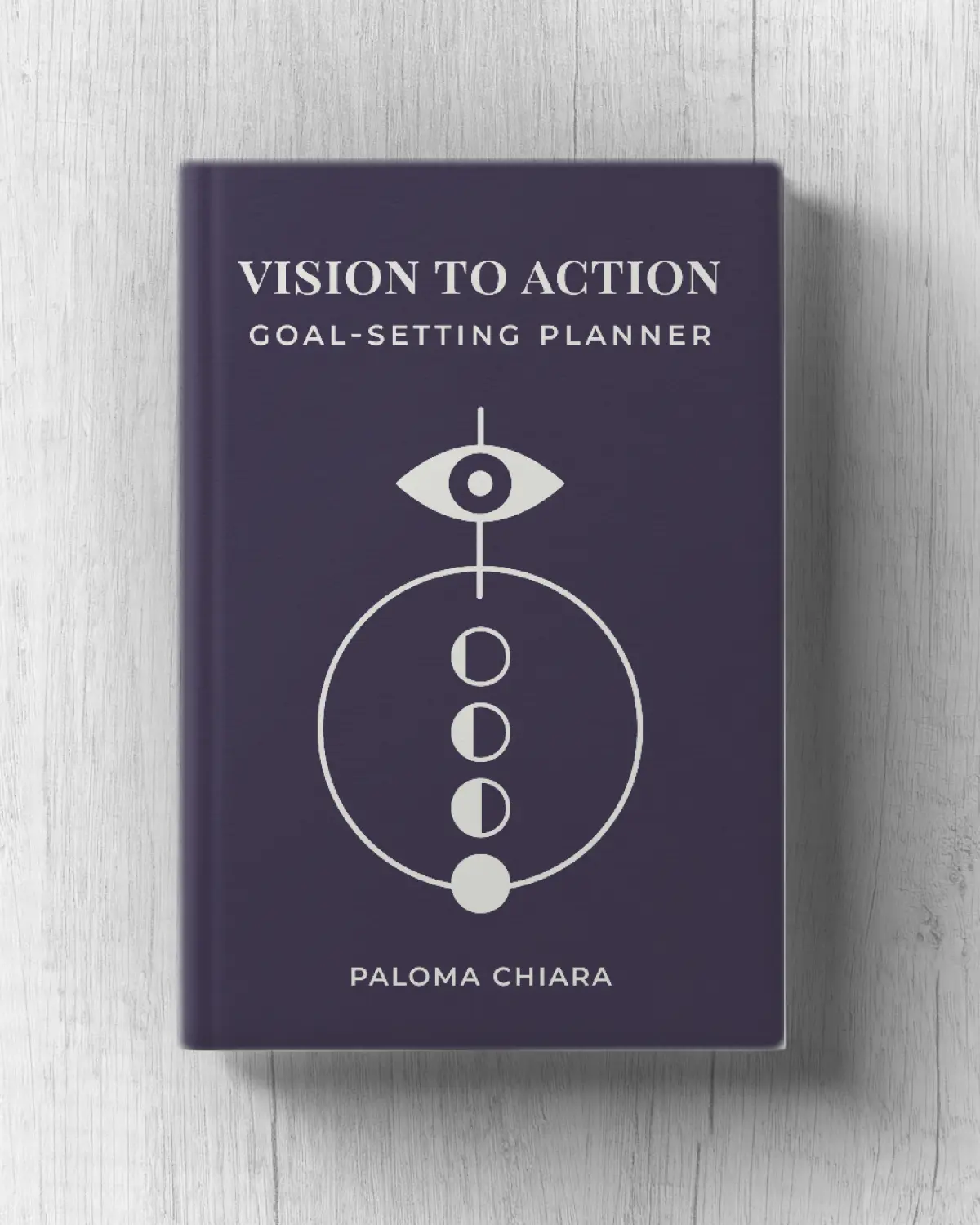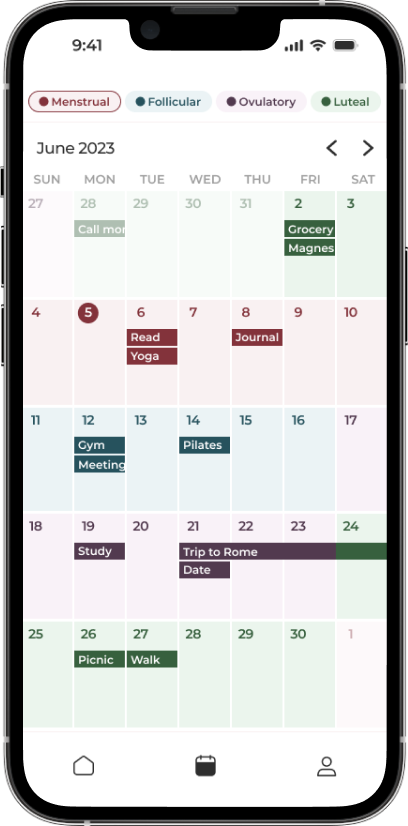Should You See a Therapist or a Life Coach?

When facing life’s challenges or seeking personal growth, it’s essential to choose the right professional to guide you on your journey. Two common options are therapists and life coaches, each offering distinct approaches and expertise. To make an informed decision about whether to see a therapist or a life coach, you need to assess your situation carefully. In this article, we’ll explore the differences between therapists and life coaches and provide steps and tips to help you determine which one is more practical for your needs.
Understanding the Roles
Therapists
Therapists, often licensed mental health professionals, are trained to diagnose and treat a wide range of mental and emotional issues. They provide therapeutic interventions to help individuals manage and overcome psychological challenges. Therapists work with clients dealing with issues such as anxiety, depression, trauma, addiction, and relationship problems. Their approaches are evidence-based and rooted in psychology and psychiatry.
Life Coaches
Life coaches, while also trained professionals, focus on personal and professional development. They help individuals set and achieve goals, make positive life changes, and overcome obstacles. Life coaches work with clients to improve specific areas of their lives, such as career, relationships, self-confidence, and personal growth. Their coaching techniques are goal-oriented and typically not designed to address clinical mental health issues.
Quiz: Do You Need a Life Coach or Therapist?
This quick quiz will help you figure out which option might suit you best based on your current needs and goals. Read each question and choose the answer that feels most true to your situation. No email or payment required.
Regardless of your results, remember that both life coaches and therapists can play valuable roles in personal development. If you’re unsure, consider reaching out for a consultation with both to see which path feels right for you.
Steps to Assess Your Situation
Assessing your situation to determine whether you should see a therapist or a life coach involves several steps:
1. Identify Your Goals and Challenges
Start by clarifying your objectives. What are you looking to achieve or resolve? Are you dealing with specific mental health symptoms, such as anxiety or depression, or are you seeking personal or professional growth? Understanding your goals and challenges is the first step in making the right choice.

Check out the Vision to Action Planner for only 6$
More info2. Evaluate the Severity
Consider the severity of your situation. If you are experiencing symptoms that significantly impact your daily functioning, such as persistent sadness, overwhelming anxiety, or thoughts of self-harm, it’s crucial to prioritize seeking help from a therapist. Therapists are equipped to handle serious mental health issues and can provide necessary interventions and treatment.
3. Determine if Clinical Diagnosis Is Needed
Some challenges require clinical assessment and diagnosis, which only a licensed therapist or psychiatrist can provide. If you suspect that you may have a mental health condition or if you’ve been previously diagnosed, seeking therapy is essential. Therapists can offer evidence-based treatments, such as cognitive-behavioral therapy (CBT) or medication management when appropriate.
4. Consider Your Goals
Reflect on your objectives. If your primary goal is to improve specific aspects of your life, such as career advancement, relationship skills, or personal development, a life coach may be more suitable. Life coaches excel at helping individuals set and achieve goals, enhance their skills, and overcome obstacles in non-clinical areas.
5. Assess the Presence of Clinical Symptoms
Take stock of your mental and emotional state. Are you experiencing clinical symptoms like panic attacks, excessive worry, or mood swings? If so, it’s advisable to consult a therapist. Life coaches are not qualified to diagnose or treat mental health disorders and may recommend therapy for clients presenting with clinical symptoms.
6. Gauge Your Readiness for Change
Consider your readiness and motivation for change. Are you committed to taking action and making positive changes in your life? Life coaching often involves setting and working towards specific goals, so a willingness to engage actively in the process is essential.
7. Seek Recommendations
Consult with trusted individuals, such as friends, family members, or healthcare professionals, for their input and recommendations. They may offer valuable insights into whether therapy or life coaching is more appropriate based on your circumstances.
8. Research Professionals
Once you’ve assessed your situation and determined your needs, research professionals in your area. Look for licensed therapists with expertise in the specific issues you’re facing or certified life coaches who specialize in your desired areas of improvement.
Tips for Making the Right Choice
To make an informed decision about seeing a therapist or a life coach, keep these tips in mind:
1. Don’t Self-Diagnose
Avoid self-diagnosing mental health conditions. While it’s essential to understand your feelings and symptoms, only a qualified mental health professional can provide an accurate diagnosis.
2. Seek an Initial Consultation
Consider scheduling an initial consultation with both a therapist and a life coach. This can help you get a sense of their approach, expertise, and how well you connect with them personally.
3. Be Open to Referrals
Professionals may refer you to another specialist if they believe it’s in your best interest. For example, a life coach may recommend therapy if they recognize underlying mental health issues.
4. Prioritize Your Well-Being
Put your well-being first. If you’re unsure which path to take, it’s better to seek professional guidance and determine the most appropriate course of action.
When to See a Therapist and Life Coach Simultaneously
In some cases, individuals may benefit from seeing both a therapist and a life coach simultaneously. This approach can be particularly effective when:
- You’re addressing both clinical mental health issues and personal development goals.
- You’ve completed therapy for a specific mental health concern and are now focusing on personal growth and goal achievement.
- You’re working with a therapist to manage clinical symptoms and seeking additional support from a life coach to enhance other areas of your life.
Conclusion
Deciding whether to see a therapist or a life coach requires careful consideration of your goals, challenges, and mental and emotional state. While therapists are equipped to address clinical mental health issues, life coaches specialize in personal and professional development. By assessing your needs and seeking professional guidance, you can make an informed choice that aligns with your path to healing, growth, and self-improvement. Whether you choose therapy, life coaching, or both, prioritizing your well-being is the first step toward a more fulfilling life.
Still waiting for the 'perfect time'?
Email me what you'd do if you stopped making excuses. We'll work backwards from there.
Let's startRecent posts
-
The Complete Guide to Becoming a High Achiever
Read blog -
How To Make a Positive Impact in Your Community
Read blog -
What Is the “Winter Arc” Challenge?
Read blog -
What Is "the Great Lock-In" and Should You Try It?
Read blog -
What Are the 75 Hard and Soft Challenges?
Read blog -
How to Validate Yourself
Read blog

The App Made To Sync Your Lifestyle to Your Menstrual Cycle.
A solution for women who are looking to keep track of what they sync to their cycles, such as fitness, diet, etc. by adding it to a calendar that also predict their phases.
Learn more





Comment